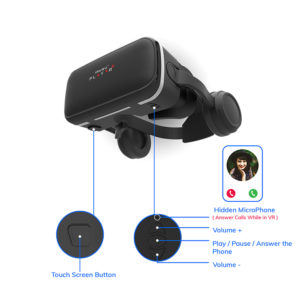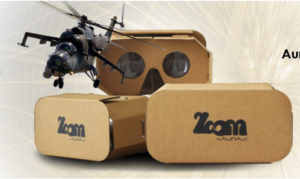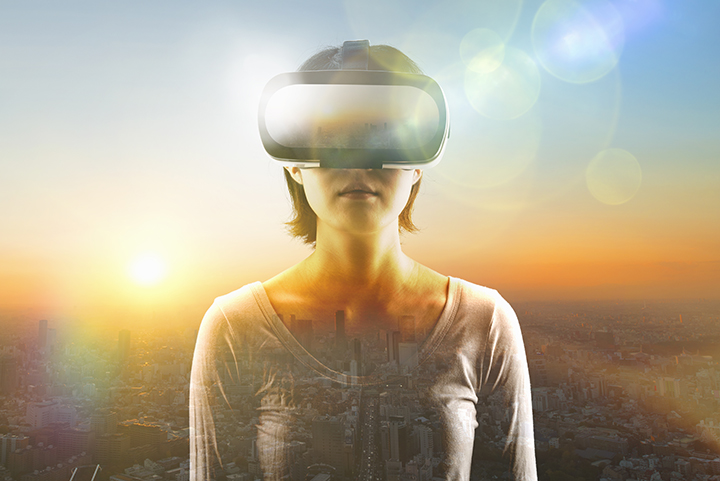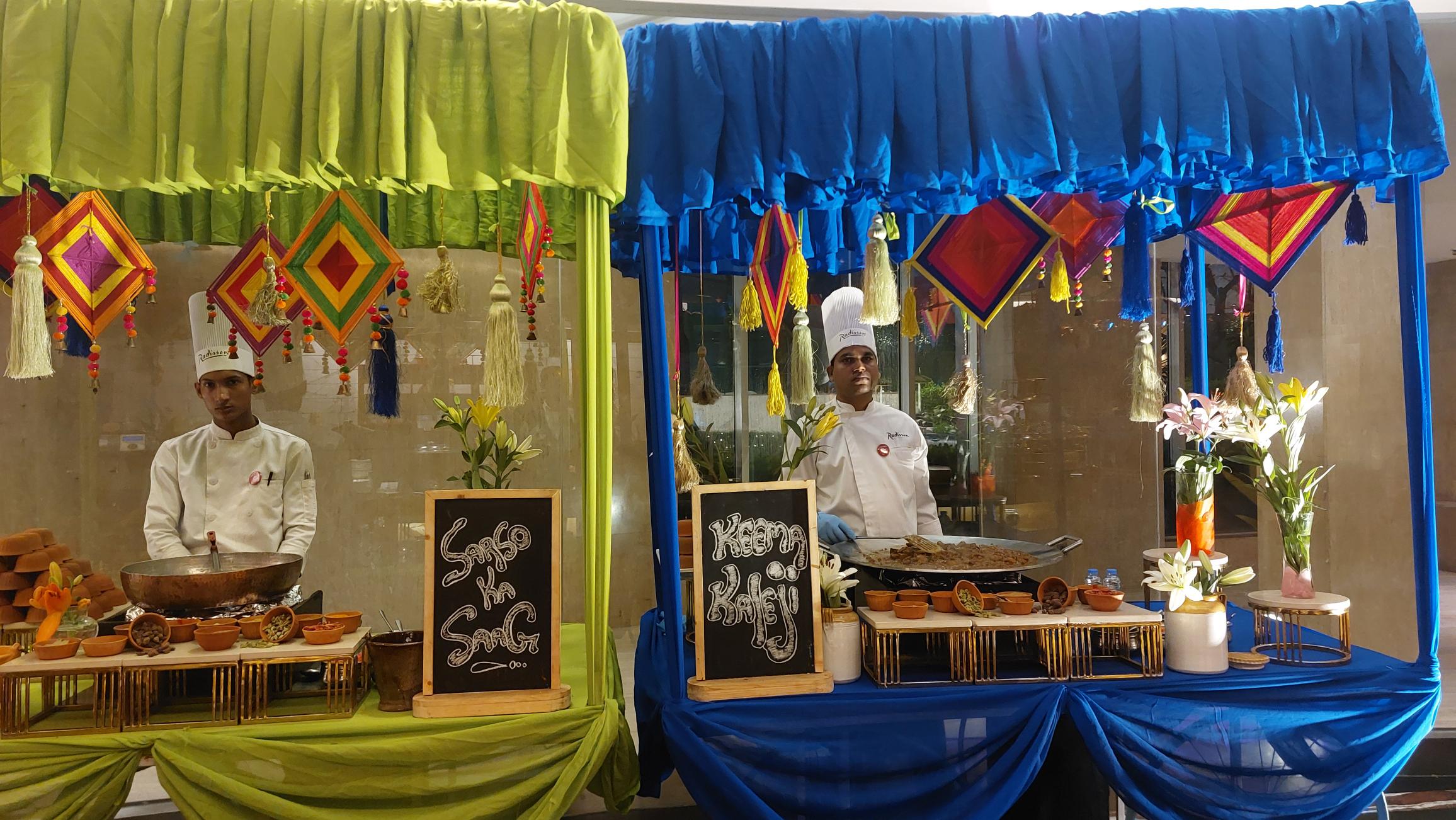The scope for using VR headsets in entertainment and education is enormous but right now there is a scarcity of supply. Local companies are gearing up, hoping the boycott of Chinese products helps their business
If you’re one of those people who want nothing more than escape the complexity of being in self-imposed lockdown, then there’s at least one thing that may look curiously brilliant: Virtual reality.
Irusu Technologies, which deals in Virtual Reality and Augmented Reality technologies, has been seeing its sales figures rising during the lockdown. While many cities are opening up, the potential for virtual reality is humungous as one looks for an escape but still fears the dangers of the outside world, and also fights the mundane boredom of staying indoors.
Badeti Nagababu, digital marketing head at Irusu, says that they have been selling twice as many virtual reality headsets and could have done far better if their stock hadn’t depleted. “Our overall sales per month are over 1000 units. Once the lockdown was lifted, demand grew exponentially; we could have done even better but we ran out of stock. We will be stocking up soon to meet the demand.”
“Our best seller is Irusu Play VR Plus with remote. It has premium attached headphones and lenses provided are of the best quality. Adjustments can be done according to eye vision, plus we have introduced a touch button, in-built microphone — you get all this for Rs 2,899”.
Irusu claim to be the largest cardboard VR manufacturer in India, certified by Google. They manufacture their cardboard headsets in Hyderabad.
They also create their own content with applications like Irusu VR cinema player, which gives you the experience of sitting at the cinemas and watching a movie.
Nagababu says people are mostly buying the headsets to be able to explore, with little to no knowledge about VR and what content will be available to them. “Being in lockdown in homes, people think what is another way where they can explore the world, and so virtual reality comes into play. In other countries, Oculus (headsets) sell like hotcakes. In India, mostly people cannot afford Oculus so they opt for cheaper ones like plastic headsets.”
While he says a majority of people buy the headsets for gaming, another big market is the adult content section. Nagababu says most of the buyers of VR headsets use them to watch porn. “India is known for it. The customer will hear from someone else about such a device and he will follow it.”

Even so, the potential reach of VR is still not being tapped. “Mostly people are not exploring the potential of VR in education. For example, learning about the solar system can become so much more interesting for students if they explore through virtual reality — something that without VR would perhaps not catch the fancy of students”.
The company hopes to explore this potential and at the same time look at manufacturing changes. The worsening of relations between India and China has seen trade being affected. “In India you cannot think of setting up a manufacturing unit because of all the legal processes. But right now, every seller on Amazon will be facing a problem for sure because shipment has to come from China. Earlier we would get our order procured in 30-40 days, now it’s taking somewhere around 60-70 days so it’s a very big gap for every seller. We have stock for 2-3 months but after that we have to think about other ways”.
On the contrary, the strained relations between India and China give hope to Aura VR operations head Abhay Bansal. “We are very optimistic considering the movement for boycott of Chinese goods. Maximum of VR headset sellers are importing from China. Even Indian customs are imposing heavy duty on those products so definitely prices will increase for those products. We on the other hand are manufacturing the entry-level headsets in Chandigarh, and we have a design patent as well.”
In fact, their cheapest product, a cardboard VR headset at Rs 250, should get people grabbing them out of the shelves. But they have not seen any increase in sales as was anticipated during this pandemic, Bansal says. The problem has been that their operations had diminished due to the virus and a week back normalised to just 50%.

“While we aren’t ready, the market places aren’t ready either. Online, on Amazon and Flipkart, no one was buying these products as deliveries were not happening. Our major business came from corporate sales and no big event is happening.”
“People are not eager to spend a huge amount, they just want to see what VR is so they buy a simple, cheap headset. If they are happy then they go for a premium headset. Even in the corporate sector, they don’t deal with the headsets that cost Rs 1,600 or so. They always go for headsets that are cheaper.”
Bansal, like Nagababu, points to VR’s huge potential, especially in education, tourism and medical fields. But he blames the lack of content developers in the country for demand not reaching greater heights. “If we had a good ecosystem of developing such content like in the US then definitely demand would shoot up.”
There are a few VR content creator start-ups in India, one of the most prominent names being Meraki, which have developed documentaries and films that are immersive. Their website opens with the lines “Imagine. Going to places and experiencing things you have always dreamed of. Whenever and wherever you want”, perfectly encapsulating the scope of VR.
Then there’s ImpactAll which is trying to promote e-learning through VR which could potentially change the education ecosystem. Especially now, when Delhi schools are conducting online classes through Zoom video calling.
In fact, the potential for where VR could head to during this pandemic and even after it is enormous.





